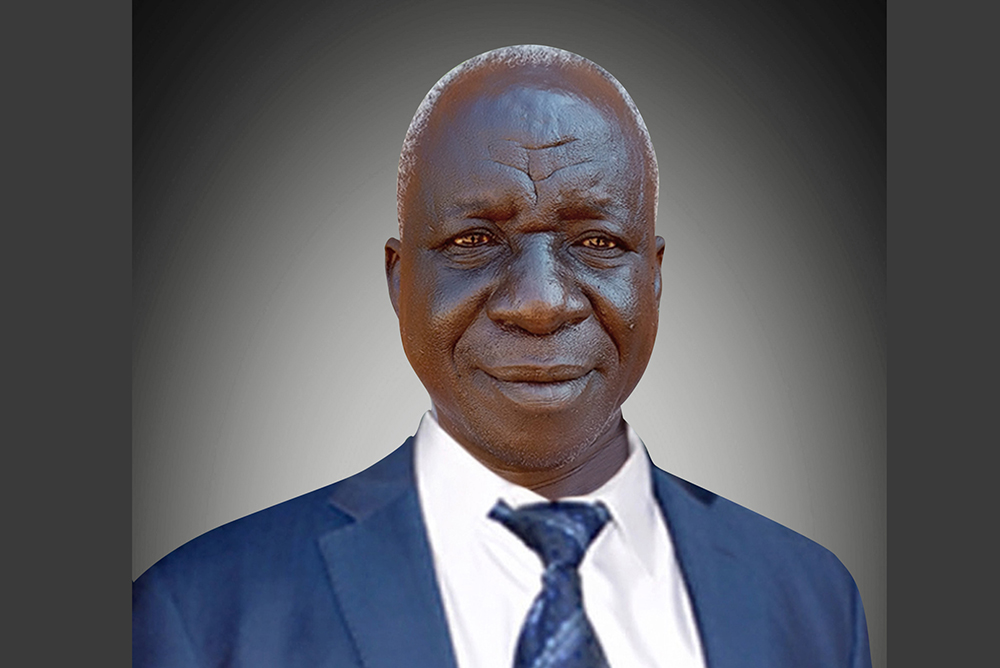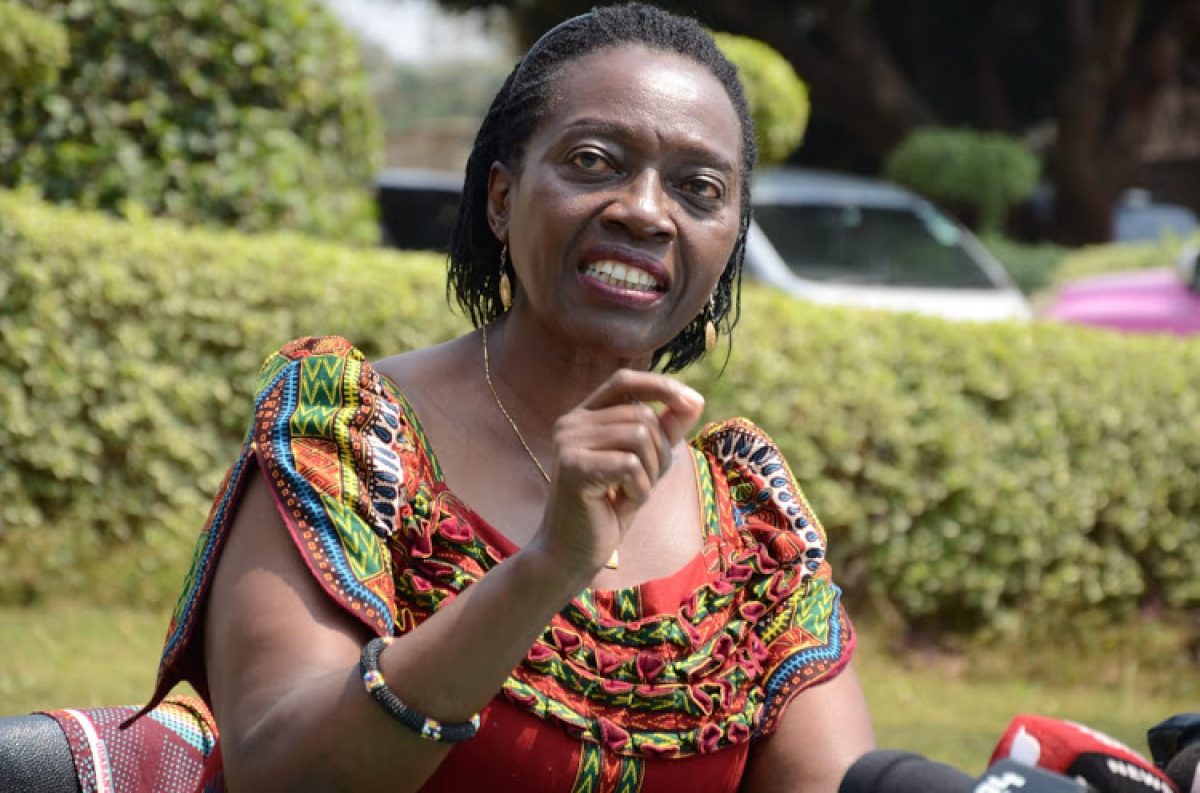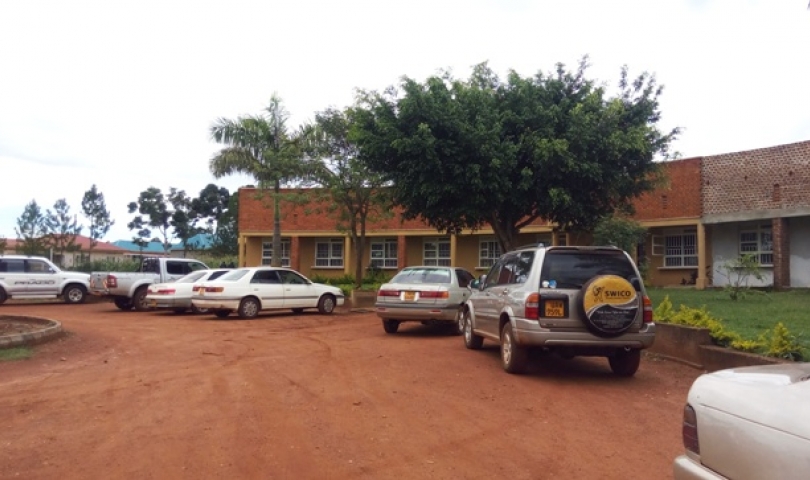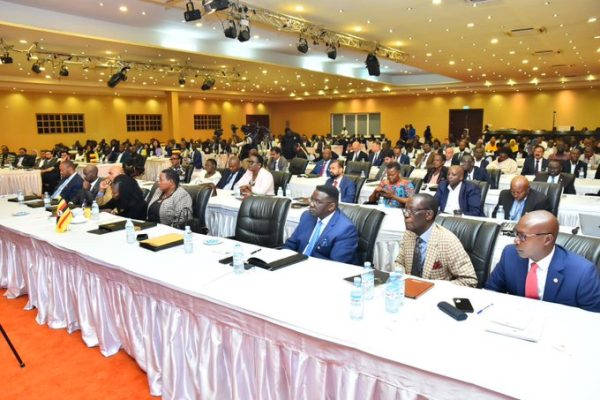By Masiga Steven
The Bamasaaba clan leaders in Bugisu have successfully employed Alternative Dispute Resolution (ADR), as guided by the Constitution of Uganda and the Cultural Leaders Act, 2011, to resolve a long-standing conflict over the legitimate cultural leader of Bugisu.
The conflict, which had deeply divided the Bamasaaba community, was addressed using provisions under Section 16(1) of the Cultural Leaders Act in tandem with Article 246(1) of the Ugandan Constitution. These legal instruments provide a framework for resolving cultural leadership disputes.
Under the guidance of the Minister for Gender, Labour and Social Development, Hon. Betty Amongi, a team of respected elders—chaired by Umukuka Emeritus Wilson Wamimbi—was assembled to mediate the dispute. This effort culminated in a meeting held in July 2023, which laid the groundwork for the gazetting of Umukuka III by the Government, in accordance with Section 6 of the Cultural Leaders Act.
As a result, the Bamasaaba community has found peace, and the legitimacy of its cultural leadership is no longer in question. This case sets a powerful precedent for the use of ADR mechanisms in resolving disputes within traditional and cultural institutions.
As the Spokesperson of the Bugisu Cultural Institution, I was honored to share this experience at the National Summit on Alternative Justice Systems, held over four days at the Munyonyo Resort Hotel. The summit brought together top members of the judiciary and cultural representatives from across the country.
Participants at the summit—including Chief Justice His Lordship Alfonse Owiny-Dollo—unanimously agreed that Alternative Justice Systems offer the best remedies for cultural and community-related conflicts. The Chief Justice emphasized the importance of using ADR in regions like Acholi, Busoga, and other cultural communities facing similar disputes.
ADR: A Proven Solution Across Sectors
The keynote speaker, Professor Joel, hailed ADR as a viable solution for both civil and criminal matters. Uganda has already applied ADR in several historical political contexts.
For example, in 1985, peace talks were held in Nairobi between the National Resistance Army (NRA) and the government of General Tito Okello, mediated by Kenyan President Daniel Arap Moi. These negotiations, which prevented further bloodshed, were a form of ADR in action.
Similarly, during the LRA insurgency, the Government of Uganda employed ADR by deploying respected figures such as Justice Owiny-Dollo, Mr. Robert Mao, Hon. Betty Bigombe, and Hon. Ruhakana Rugunda to initiate peace talks with Joseph Kony. These efforts led many combatants to lay down arms and accept amnesty.
ADR is not only a tool for political and military conflicts but also plays a critical role in community-based dispute resolution. It allows for:
- The engagement of experts with relevant cultural or legal knowledge.
- Flexibility in process and structure.
- Preservation of relationships, as it often ends in win-win outcomes.
- Faster resolutions, avoiding prolonged litigation.
- Reduced case backlog in courts, as supported by Article 126(2)(e) of the Constitution and the Civil Procedure Rules.
Some courts now require parties to demonstrate that ADR was attempted before litigation proceeds.
ADR in Religious and Historical Contexts
ADR has roots in both biblical and Quranic traditions. For instance:
- In the Bible (Matthew 18:15–17), believers are encouraged to resolve disputes privately or through elders.
- Prophet Muhammad (PBUH) used ADR to peacefully resolve a major dispute during the construction of the Kaaba, preventing what could have become a serious conflict.
- King Solomon famously applied ADR to determine the rightful mother of a disputed child.
Both the Bible and the Quran emphasize peaceful conflict resolution through mediation, negotiation, conciliation, and arbitration.
ADR in Contemporary Legal and Social Contexts
ADR is increasingly embedded in various Ugandan laws and policies, such as:
- The Arbitration and Conciliation Act (Cap. 4)
- The Company Act
- The Road and Safety Act
It has also proven valuable in plea bargaining, helping resolve criminal matters efficiently.
Recently, while representing the Bugisu Cultural Institution, I made a presentation to the Uganda Wildlife Authority (UWA) urging them to embrace ADR in resolving land use and conservation-related conflicts. Instead of using force, which has led to tragic confrontations between UWA and local communities, tools such as mediation and negotiation should be prioritized.
ADR offers a humane and effective alternative that preserves life, respects community dynamics, and fosters long-term peace.
The writer is the Spokesperson of the Bugisu Cultural Institution.
Tel: +256 782 231577




















